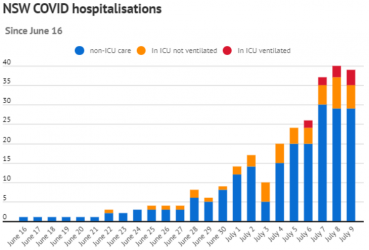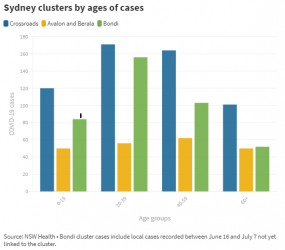Interested to read that according to the Business Tasmania newsletter, a business may not refuse entry to an individual who refuses to sign in. I've never really considered it, but I would have thought that unless it breached some other law (racially based for example) a business owner would always have the right to refuse entry to their premises and it would be at their discretion. Plenty of places have restriction on entry, dress codes, OHS etc. Why should Covid check in be any different?
Direct from the source!
Information for organisations and businesses | Coronavirus disease (COVID-19). For applicable premises the last sentence indicates the operator
must refuse entry. (Dunno about premises 'not applicable' to the directions.)
What if my customers don't want to use a QR code?
Checking in to applicable premises, and events is mandatory for all people.
If a person does not have a smartphone or is unable to use one, others attending the premises with that person can use their own phone to check that person in. Alternatively, an organisation can register a person's details using that organisations’ device. If there is no internet access or working device, the organisation can check them in manually on paper. This information must be retained by the organisation for 28 days or added into the app when access is restored.
Organisations must use their best endeavours to require people to check in, this could include:
- Active monitoring of points of entry.
- Requesting that a person shows staff the ‘green tick’.
- Signage or messaging in clear view advising of the need to check in.
If a person refuses to check in, operators should highlight the importance of the check in requirements to assist the contact tracing efforts, and to keep the community safe and Tasmania open for businesses. Organisations may also want to remind people of their legal obligation to check in, and the potential penalties for failing to do so. That is, a person may face a fine if they fail to comply with the check in requirement.

















